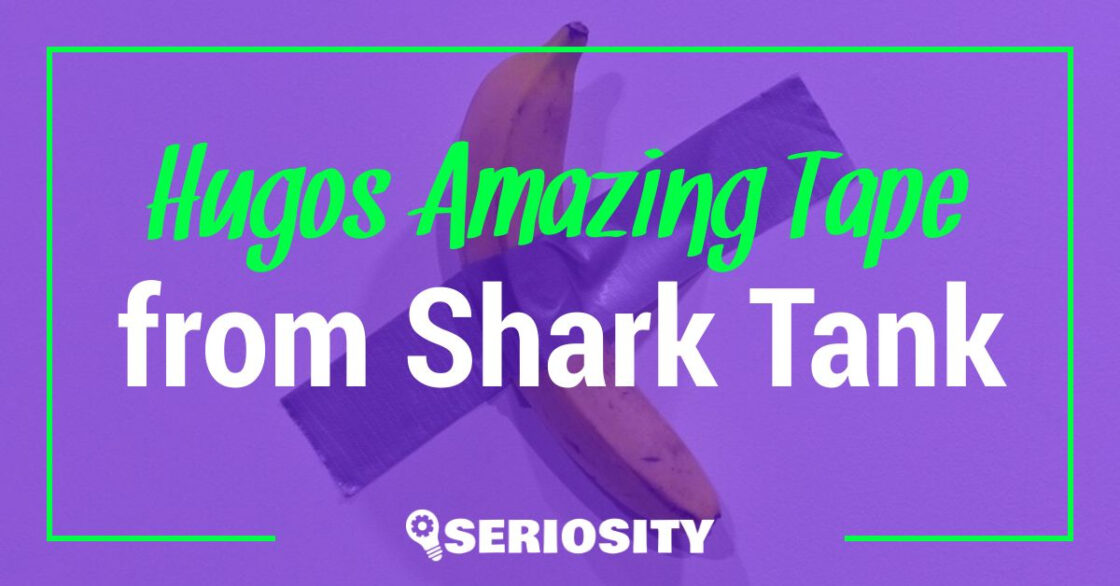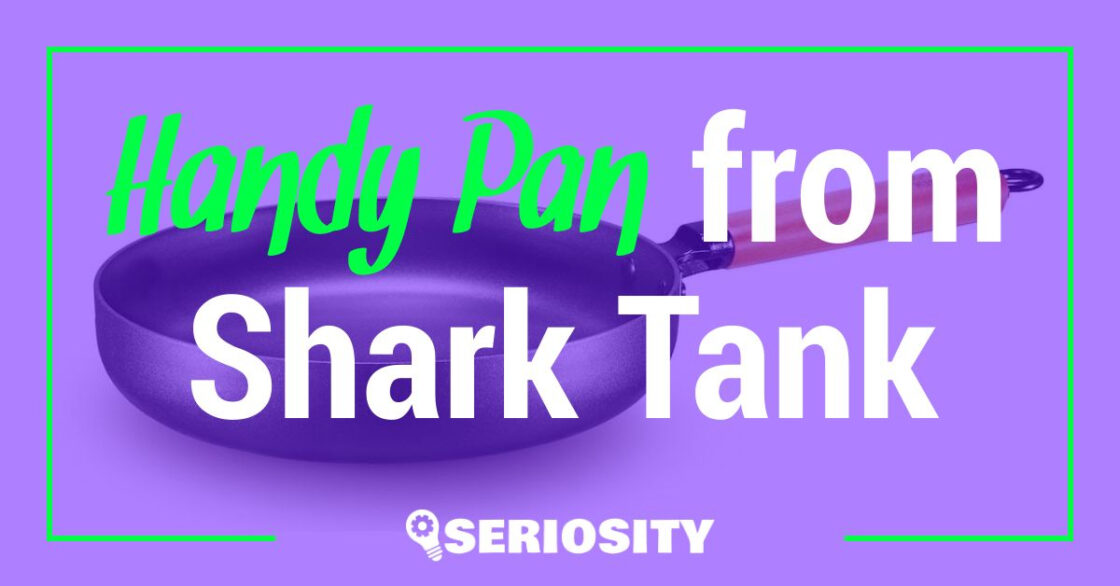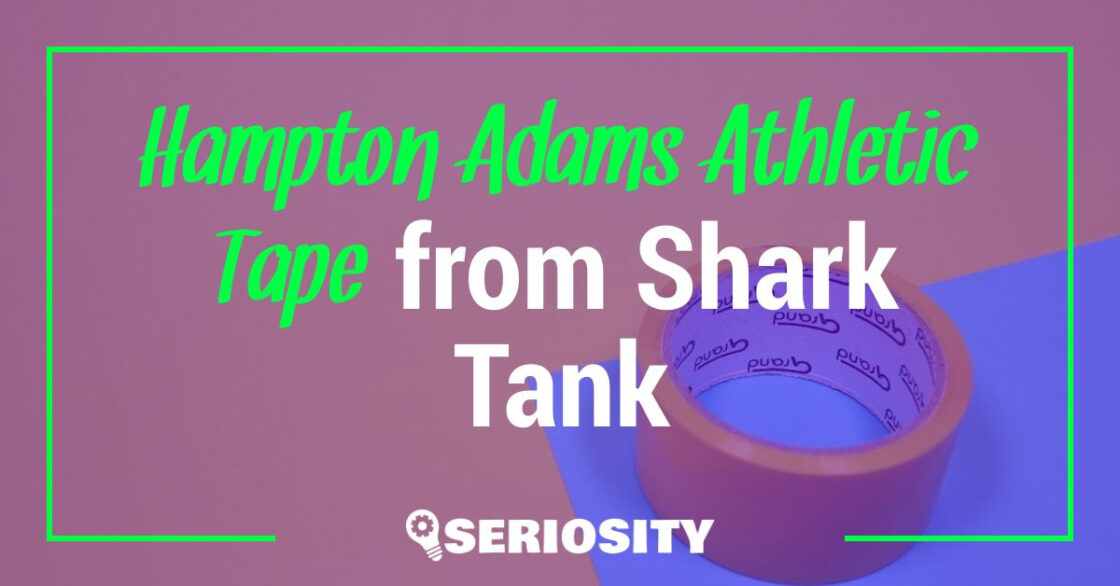Banking on the opportunity provided by the pandemic, co-founders Pram Dhoot and Tye Davis created an illuminated mute button to facilitate virtual meetups. Their pitch was loaded with rhyming quips and humorous insinuations, and the Sharks laughed out loud. The duo asked for $200,000 for 10% equity stakes in their company, and the Sharks grew skeptical.
What Is MuteMe?
MuteMe is the world’s first illuminated mute button, offering users an undisputed awareness of their audio transmission. All you need to do is tap the button’s outer surface when you want to speak and tap it again when you don’t want the wrong words to leak; the change in clear lets you know when you are mute or unmute. The device uses software to synch with all virtual conferencing platforms available in the market and is everything the world needed during the pandemic.
Co-founders Pram Dhoot and Tye Davis pitched for their startup in Shark Tank season 13. The duo relied on humor and rhymes to make their proposal interesting and had their wives and co-founders join in from home to demonstrate how MuteMe can save people from a whole lot of embarrassment. After their introductions, the wives staged a squabble where they complained about not being on the Shark Tank stage with their husbands. Tye and Pram tried to signal them they were still online but to no avail. At last, Pram shouted, “We can hear you!” to stop the ladies from divulging any more household secrets.
The duo turned to the Sharks, who were amused by their spectacle and bars, and explained how MuteMe was essential to the modern-day shift to virtual meetings. They were both men with families, so when the pandemic hit, they had to adapt and strike a balance between work and family. They reminisced the many times they forgot to mute their meetings and couldn’t get a word in because of their dogs barking in the background or children crashing in for hugs and attention.
Lori asked them to give her a few examples of its use. Tye replied that the illuminated model of the button makes it easy for people to notice they are on mute and saves their co-workers from some unnecessary miming.
Mark inquired why not just add an extension on the browser, and Pram answered that that would take more space on the screen. He added that when people are multi-tasking and using multiple platforms at home and work, they need all that space on the screen.
Lori wanted to know how the two joined forces and came up with the idea. Pram revealed they met through a mutual friend and had worked with each other before MuteMe. With Tye’s expertise as the technical marketing manager, the two decided to develop something of their own and came up with MuteMe. They prototyped in a month and launched the product in a short while through a Kickstarter, and the business just took off from there.
Kevin quickly caught on to that and asked them to explain how they “took off.” The duo elaborated that they made $145,000 on Kickstarter and $135,000 on IndieGoGo, so they had $280,000 in crowdfunding. The Sharks looked impressed, but Kevin continued grilling them on their expenses and profits. Tye told the Sharks that they had made $61,000 in sales through their website and had their product in all Staples at the time of taping. Mark asked how much they had sold, and their answer visibly put him off. They had sold 150 units in four weeks which the Sharks unsavory.
The duo explained they hadn’t marketed their product, and Mark said that it’s the first thing people see when they enter Staples, so what else do they need? Announcing that they didn’t know how to sell their product, Mark was out. Kevin called their numbers worrisome and pulled out.
Peter admitted that he was on the fence about his decision. He had a gadget company in Asia that could probably cook up something similar even if the duo had patented the illuminated model.
Daymond swooped in, saying he would give them $200,000 but only if they gave up 50% of their stakes. As the duo turned to the remaining Sharks for another offer, Daymond told them he’d pull out if they put him in the backseat. Lori was out, seeing no value in the business.
Peter wondered if his team would be pissed for investing in a button that changes color, making the Sharks laugh. Daymond stepped away from the deal, leaving only Peter in the tank.
After much contemplation, Peter was out, leaving Pram and Tye with no deal.
The MuteMe website is still up and running though there is no update on their sales after their appearance on Shark Tank season 13.
Our Review of MuteMe
Despite finding MuteMe a useful gadget, we think the product is not worth the money. Customers can find similar products online for much cheaper, and although they might not glow like MuteMe, they’ll do the job of muting audio over conferencing platforms just the same. There is also room for design improvement, and the product can be sold as a dongle or a Bluetooth device in addition to its USB Type-C port.
Pros of MuteMe
- Windows & MAC compatible
- Silent capacitive couch
- USB Type-C port
- Made from stainless steel
- Durable
- Multiple programming colors
Cons of MuteMe
- Expensive
- Has many alternatives
Who Is MuteMe for?
MuteMe is for everyone who doesn’t want to embarrass themselves in a virtual meeting. The recent health crisis has changed how we interact, making it difficult to keep things professional. The MuteMe button facilitates distraction-free calls and meetings and streamlines workflow—something every working individual can appreciate.
Are There Any Alternatives?
MuteMe is a patented model that can’t be used as a microphone, so you might not find something like this in the U.S. Still, similar buttons and devices are available online for much cheaper. Despite what Pram and Tye might think, their product isn’t as exceptional as they want it to be.
Our Final Thoughts
MuteMe meets the challenges of the modern-day world in a unique way, yet its expensive design has slowed down its progression in the market. We wonder if the founders can modify the design to make it more accessible and cost-effective because, with that price, they’ll find it hard to knock off their sale goals!





